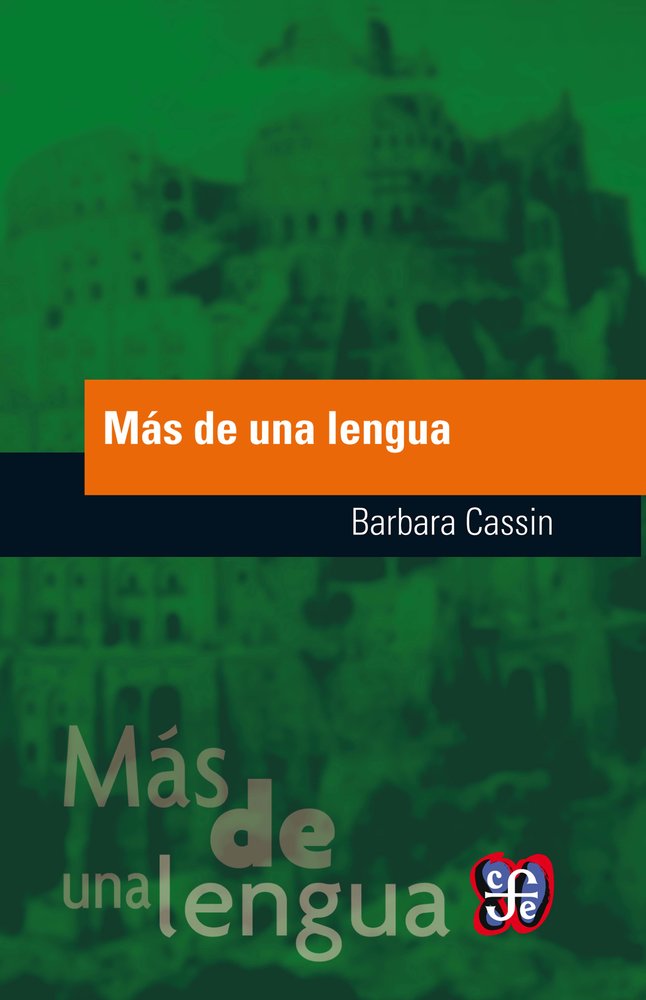Todos nacemos en la lengua o las lenguas que se hablan alrededor nuestro. Pero ¿qué es una lengua "materna"? ¿Y qué ocurre cuando se aprende otra? Si cada lengua dibuja un mundo diferente, ¿qué es lo que se dibuja cuando se habla más de una? Hablar varias lenguas equivale a tener varios mundos al alcance. Pasar de una lengua a la otra, aprendiendo, traduciendo, es aventurarse en otra manera de transmitir el sentido. Todas esas maneras, cuando entran en contacto, se enriquecen: comprendemos mejor lo que intentamos decir cuando sabemos que eso se dice de otro modo en otra lengua, con otras palabras, que quizá no dicen exactamente lo mismo.Más de una lengua surge de una conferencia de Barbara Cassin dirigida a niños a partir de 10 años y a sus acompañantes. Allí se interroga, desde la filosofía, acerca de temas tan complejos como el significado del logos para los griegos, la traducción, las riquezas del bilingüismo, los homónimos y los intraducibles. Esta aventura oral transformada en libro, lejos de caer en la simplificación, representa un movimiento de amistad y acercamiento que logra atravesar a las distintas generaciones.


